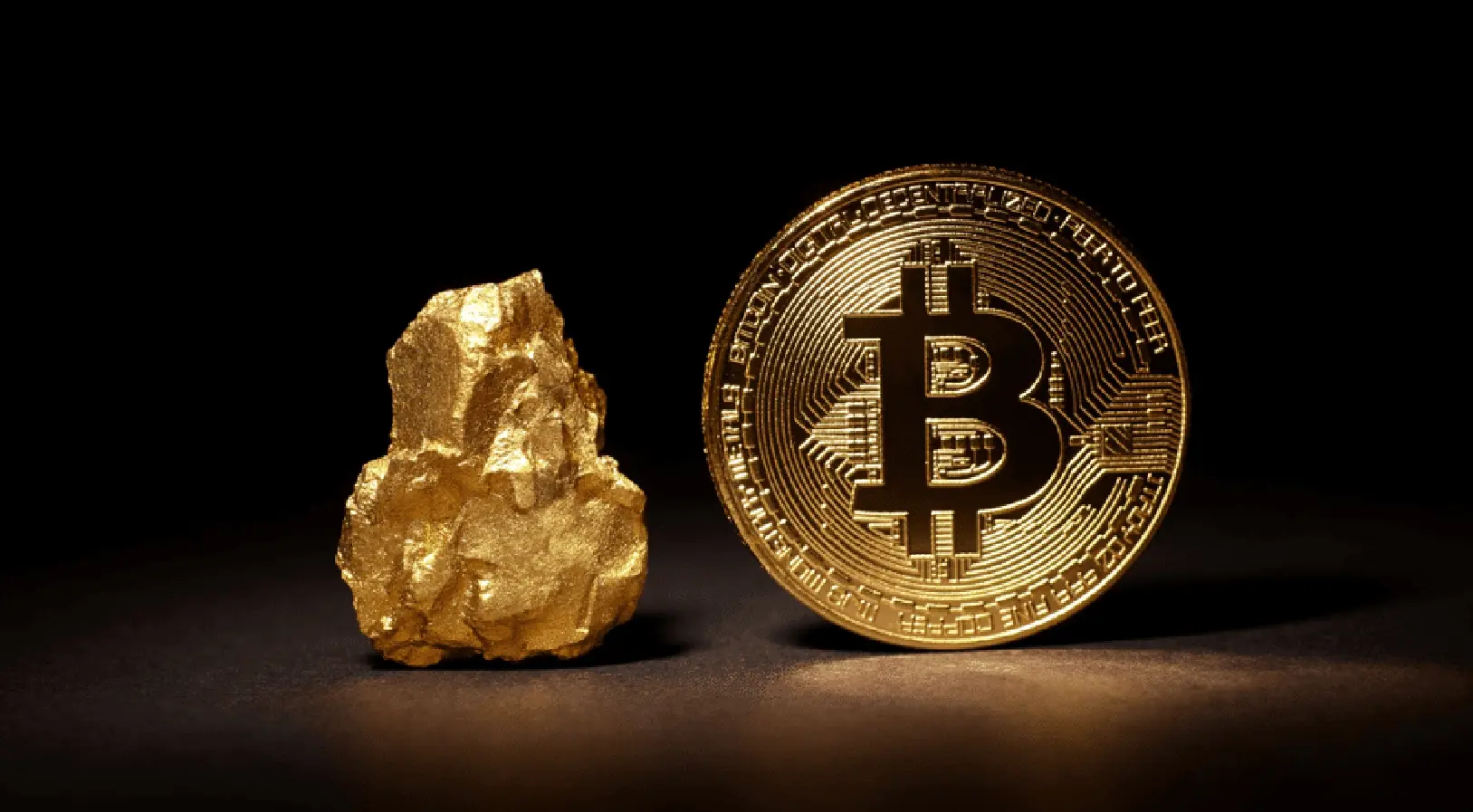Nowadays, people don't just mine for physical materials. Cryptocurrency mining is incredibly popular, with Bitcoin being one of the most lucrative coins to mine.
However, both of these processes have an impact on our planet. So, which is more environmentally harmful: Bitcoin mining or gold mining?
Gold Mining Facts
Gold mining is not a benign process. Because it involves physically digging and quarrying land, gold mining can utterly devastate natural environments and has been done so many times in the past.
Our planet's rainforests, for example, have suffered greatly at the hand of gold mining. The Amazon rainforest released over one million tons of carbon in 2017 due to deforestation (equating to around 250,000 cars' worth of emissions).
Gold mining also creates huge volumes of toxic waste containing heavy metals and deadly cyanide. A 33oz gold ring creates 20 tons of toxic waste that is often dumped into natural water sources, damaging the habitat surrounding a gold due to byproducts resulting devastating effects on marine life.
In fact, gold mining consumes 131.9 TWh of energy yearly. To put this into perspective, a terawatt is equal to one trillion watts, and a terawatt hour (TWh) is a unit used to represent the use of a trillion watts in one hour. The largest hydroelectric plant in the United States, the Grand Coulee Dam, uses only two gigawatts of energy to power the homes of eight million people annually.
Additional problems includes acid drainage, mercury pollution, and a decrease in biodiversity.
Bitcoin Mining Facts
The term "crypto mining" refers to the process of circulating new coins and verifying transactional blocks by completing complex mathematical equations.
While many cryptocurrencies can be mined, Bitcoin is the most popular option simply because the reward for successfully mining a block is very high.
While Bitcoin could once be mined using more basic hardware, competition is now so rife that one can only successfully mine it using an ASIC miner, and these can be pretty energy-intensive. Miners often run their hardware 24/7 to maximize their chances of mining a block and receiving the reward.
Today, there are around one million active Bitcoin miners around the world. Bitcoin mining currently uses up 127.48 TWh of electricity every single year, which isn't too far off that used for gold mining. It is estimated that one Bitcoin transaction has the same carbon footprint as 330,000 credit card transactions.
Conundrum
While gold is, and always has been, a precious metal, it always has value. In fact, the price of gold is currently increasing and is worth many times than what it was a few decades ago.
Bitcoin, on the other hand, has no objective value. Its price is determined mostly by supply and demand and can rise and fall drastically in the space of just a few hours. So, if Bitcoin one day becomes worth very little, or nothing at all, all the energy used in the mining process will have been effectively wasted.
While Bitcoin and gold mining can be very lucrative, the harmful processes and mammoth amount of energy they require are unquestionably problematic and are doing considerable harm to our environment. While they both differ in many ways, it cannot be denied that the planet is paying a high price as a result of the Bitcoin and gold industries.
But which mining is more environmentally harmful?
- Gold
- Bitcoin







